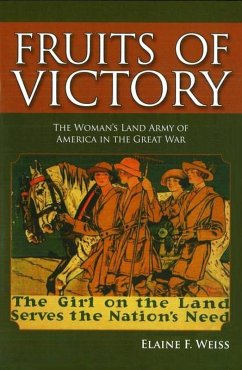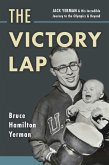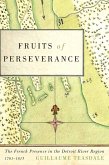Imagine a more controversial Rosie the Rivetera generation older and more outlandish for her time. She was the farmerette of the Woman's Land Army of America (WLA), doing a man's job on the home front during World War I.From 1917 to 1920 the WLA sent more than twenty thousand urban women into rural America to take over farm work after the men went off to war and food shortages threatened the nation. These women, from all social and economic strata, lived together in communal camps and did what was considered men's work: plowing fields, driving tractors, planting, harvesting, and hauling lumber. The Land Army was a civilian enterprise organized and financed by women. It insisted on fair labor practices and pay equal to male laborers' wages for its workers and taught women not only agricultural skills but also leadership and management techniques. Despite their initial skepticism, farmers became the WLA's loudest champions, and the farmerette was celebrated as an icon of American women's patriotism and pluck.The WLA's short but spirited life foreshadowed some of the most significant social issues of the twentieth century: women's changing roles, the problem of class distinctions in a democracy, and the physiological and psychological differences between men and women.The dramatic story of the WLA is vividly retold here using long-buried archival material, allowing a fascinating chapter of America's World War I experience to be rediscovered.
Dieser Download kann aus rechtlichen Gründen nur mit Rechnungsadresse in A, B, BG, CY, CZ, D, DK, EW, E, FIN, F, GR, HR, H, IRL, I, LT, L, LR, M, NL, PL, P, R, S, SLO, SK ausgeliefert werden.









